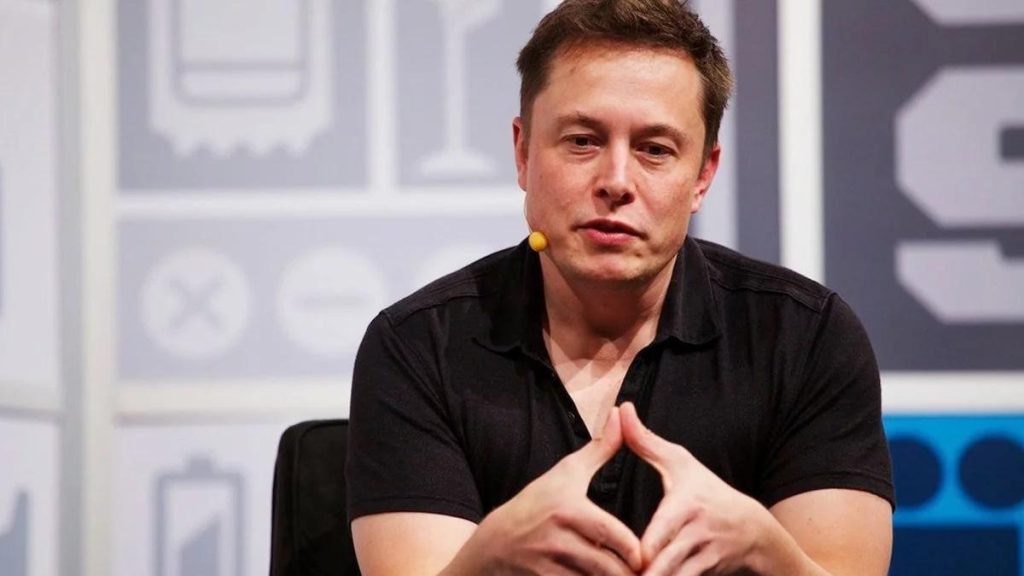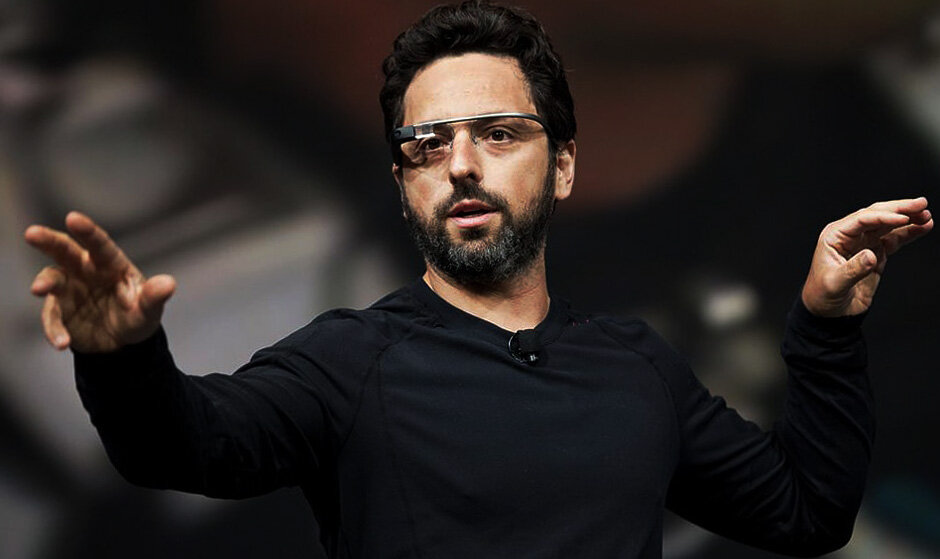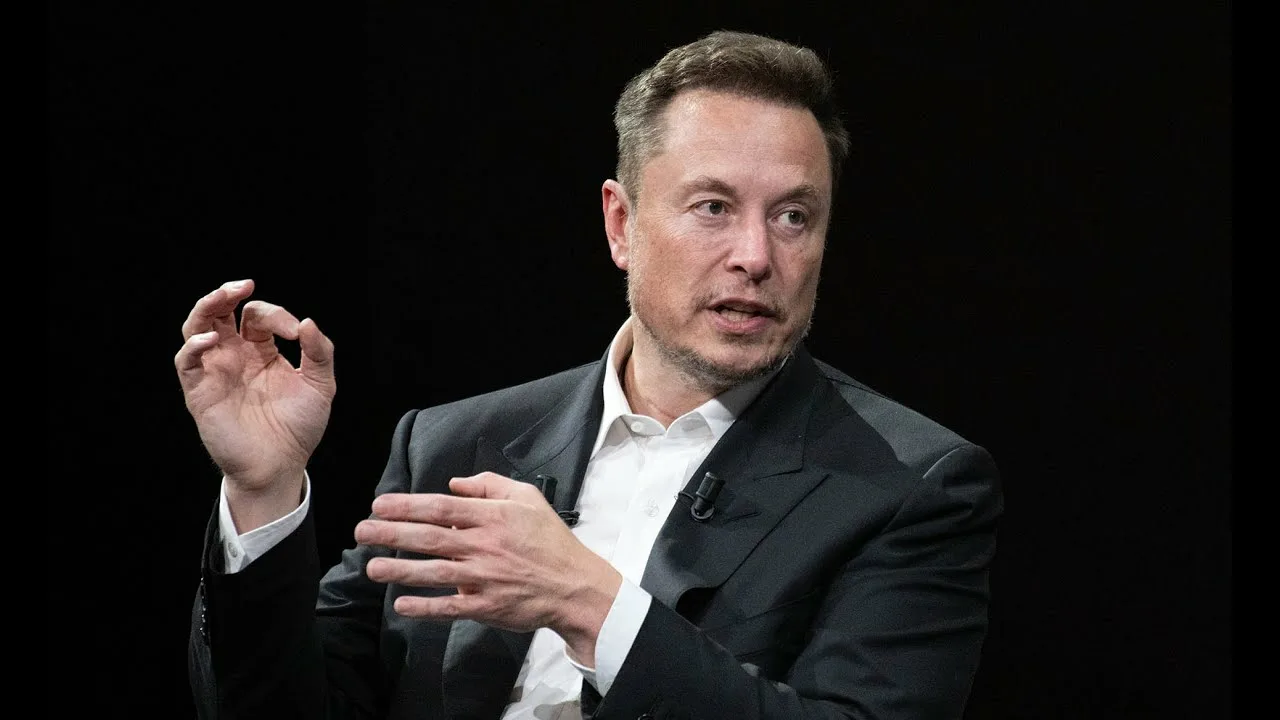Unlike those who want shorter working hours, Silicon Valley billionaires now want people to work a lot more. What are they proposing?
As part of a trend that worries employees and workplace experts alike, the CEOs of the world’s most influential tech companies are advocating a return to extremely long working days. The most prominent examples are the cases of Ilon Musk and Sergey Brin, co-founder of Google.

With their high-profile statements and proposals to increase the workweek to 60 or even 120 hours, the tycoons are causing controversy as they challenge decades of progress in quality of life and labor rights.
Elon Musk and his proposal for continuous operation
Billionaire Elon Musk, known for his controversial leadership style, has provoked controversy by trying to introduce a 120-hour work week for employees of the Department of Government Efficiency (DOGE), an agency linked to the administration of Donald Trump.
Such a demand is equivalent to working 17.1 hours a day, seven days a week, virtually eliminating time for vacation, personal or family life. In a message posted on X (formerly Twitter), Musk compared DOGE employees to traditional government employees, whom he disparagingly called “bureaucratic oppositionists”.
Even more disturbing, in November DOGE began calling for people with “ very high IQs ” willing to work more than 80 hours a week without pay. The employees include young people as young as 19 years old, raising fears of labor exploitation.
Today, Ilon Musk is a key figure in Donald Trump’s administration in the United States.
Sergey Brin: “60 hours of work is ideal”

On the other hand, Sergey Brin, co-founder of Google, has joined this extreme vision of work. In an internal memo published by The New York Times, Brin asked Google employees developing the artificial intelligence Gemini to increase the work week from 40 to 60 hours.
“Working 60 hours a week is the ideal point for productivity,” Brin said in the internal document. For the Google co-founder, that means working 12 hours a day Monday through Friday (or more than eight hours a day every weekday without a day off), which leaves employees with virtually no personal time when you factor in commuting, eating, and sleeping.
Billionaire Brin, who left Google in 2019, will return in 2023 to lead its artificial intelligence division. In his memo, he also criticized “a small number of employees who make minimal effort to survive,” referring to those who work less than 60 hours, calling them “ unproductive and demoralizing to others”.
Sergey Brin is one of the founders of Google, and he wants employees to work harder.
The race for AI: winning at the expense of workers?
According to experts, these extreme demands are due to the fierce competition to develop general artificial intelligence ( AGI ), a technology that can match or surpass human cognitive abilities.
“The competition is incredibly intense, and the final race for AGI has begun,” Brin noted, emphasizing that Google needs to ‘ work hard ’ to win this race.
It may seem paradoxical to some that these proposals to dramatically increase working hours come from billionaire owners of the world’s richest companies, who, instead of hiring more employees, have laid off thousands of workers in recent years.
Medical studies and statistics have repeatedly shown that working more than eight hours a day leads to health problems, family conflict and reduced productivity. However, the desire to dominate the lucrative artificial intelligence market seems to be more important to these tech giants than science and worker well-being.
Although Google has officially stated that increasing working hours is “not under consideration,” internal pressure on AI developers continues to grow, signaling a shift away from the modern concept of work-life balance, which is troubling.

































